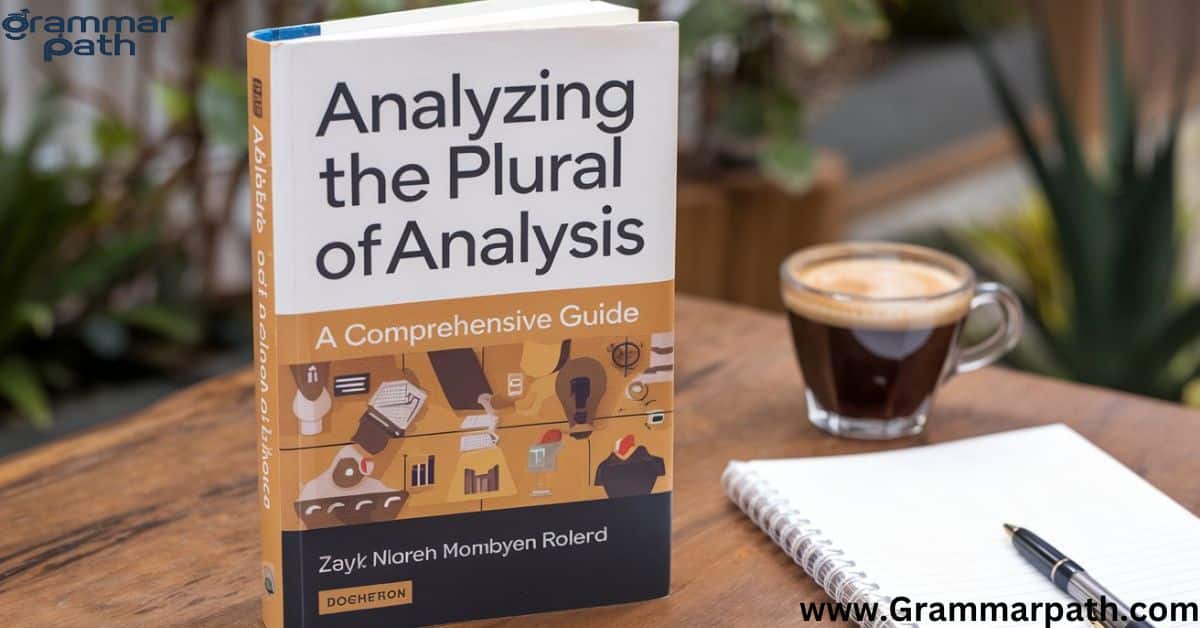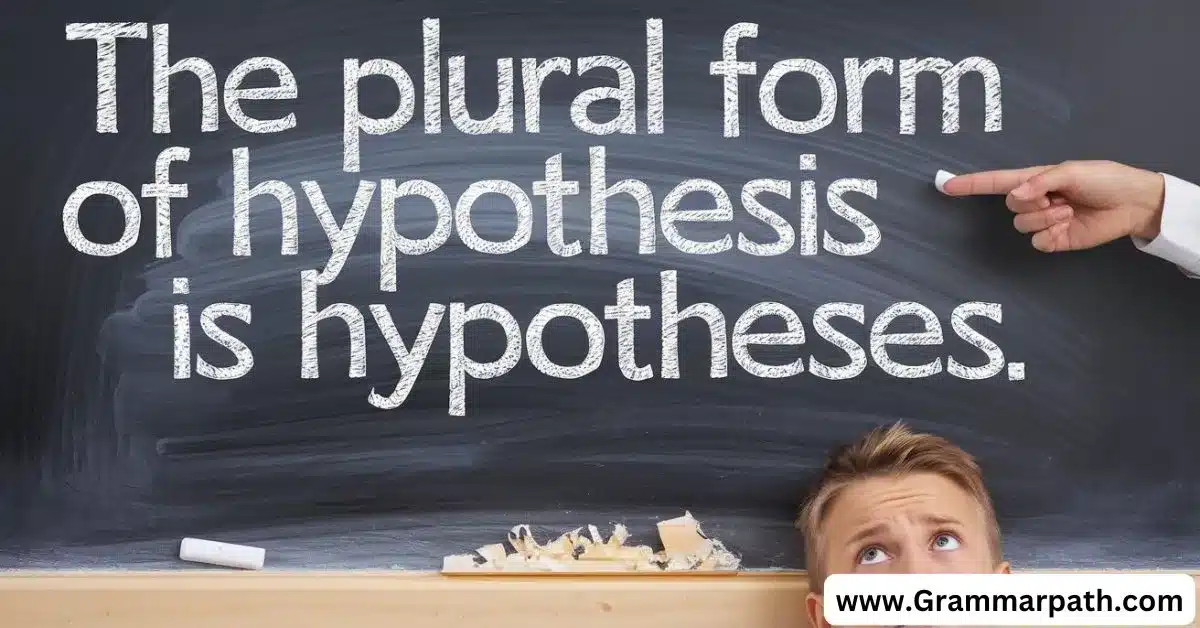
What’s The Plural Form Of Deer ?
Plural form of Deer The English grammar has its own oddities. The pluralization of a few words usually puzzles both native and non-native speakers alike. For instance, one such word can be “deer”, which is a defiance of the norms for pluralization. Is it “deer” or “deers”? Take a deep dive in this thorough guide to discover the plurals of the word deer and its roots the grammar rules, as well as real-world instances.
What’s The Plural Of Deer?
The plural form of “deer” is just “deer”. In contrast to regular nouns that are used in English that include “-s” or “-es” for pluralization, deer belongs to the group of irregular plurals in which the word is the same.
The irregularity is often the cause of confusion regarding the plural deer It’s nevertheless intriguing to observe how the English the language’s growth and development as well as its the rules.
Is The Plural Form Of Deer “Deer” Or “Deers”?
Although “deer” is acceptable for singular and plural use, you may sometimes come across “deers” in specific situations.
- The standard usage: “Deer” is widely accept and widely used.
- A rare variation: “Deers” could be used in specific situations such as scientific classifications or poetry to draw attention to various species of deer.
Plural Deer Examples:
- It’s true: “Three deer were spotted in the park.”
- The incorrect answer is: “Three deers were grazing in the field.”
Is Deer Singular Or Plural?
The appeal of the term “deer” lies in its dual function as it is both a singular noun and a plural one..
- The singular: “A deer is standing by the tree.”
- Plural “A herd of deer was seen in the valley.”
This flexibility can cause plural-singular confusion this is especially true for English students.
Why Is There Confusion Over The Plural Form Of Deer?
The confusion about the plural form of deer is due to inconsistent word pattern. In English many nouns, they follow regular pluralization rules, adding “-s” or “-es.” But, “deer” is part of a set of distinct plurals, such as “sheep” and “fish,” with the exact forms in both plural and singular.
Is Deer A Countable Or Uncountable Noun?
Deer is one of the word that can be counted. It means that you are able to determine the number of deer in a single instance, however, the word itself doesn’t alter in its plural version .
Deer Countability Examples:
- Singular: “One deer is grazing.”
- Plural “Ten deer are running in the meadow.”
Plural Form Of Deer Example Sentences
Here are some examples of the use for “deer”:
- Singular:
- “I saw a deer crossing the road.”
- “The deer looks majestic in the wild.”
- Plural:
- “Deer are often hunted for sport.”
- “A group of deer was resting under the trees.”
Collective Noun For Deer
The most popular common noun used for collectively referring to deer refers to “herd.” Some other terms are “mob” or “parcel,” although these aren’t as often utilized.
Deer Herd Meaning:
The term “herd of deer” or Herd of Deer is a reference to a group of deer that is grazing or moving together. This is often employed in conversational and ecological situations
Is A Herd Of Deer Singular Or Plural?
Grammatically speaking, an deer herd is considered to be the case of a singular noun However, it is several animals.
Sentence Grammar Examples:
- Single: “The herd is migrating to the forest.”
- Plural “The deer in the herd are scattered.”
Definition Of Deer
Deer are mammals with hooves that are known by their sleek body, antlers and elegant moves. They belong to the Cervidae family, and can be located in grasslands, forests and wetland areas.
Deer As A Noun:
The term “deer” describes the individual animal as well as groups of animals, which makes it an incredibly broad term within English language.
Origin Of The Word Deer
The source of the term deer originates from Old English “deor,” in the beginning, it was used to refer to wild animals. As time passed, its definition became more specific to define the species we see today.
Proto-Germanic Deer Roots:
- Originated of Proto-Germanic “deuzan,” which means animal.
- The word remained in its original appearance due to the development of language as well as English the plural rule.
Plural Nouns In English
English includes a myriad of ways for making plurals. For example:
- Regular nouns: Add “-s” (e.g., cat – cats).
- Incorrect plural form Words such as sheep, deer and fish do not change.
- Unique plurals Words with distinct plurals. Examples include “child – children.”
Irregular Nouns Examples:
| Singular | Plural |
|---|---|
| Deer | Deer |
| Sheep | Sheep |
| Moose | Moose |
Wrapping It Up
The understanding of the plural deer uncovers the complexity and elegance in English the rules of plural. In spite of the plurals that are singular“deer” is an excellent example of how “deer” exemplifies the way in which different plural forms enhance our English.
Key Takeaways:
- The plural form of deer“deer” is “deer.”
- It’s it’s a non-countable word that can be used in singular and plural usages.
- A group of deer symbolizes its common usage.
If you happen to see an collection of deer and you’ll be able to figure out what to say about it. Explore this grammar rules to describe deer as well as other irregular nouns to improve your understanding of language patterns within English.






